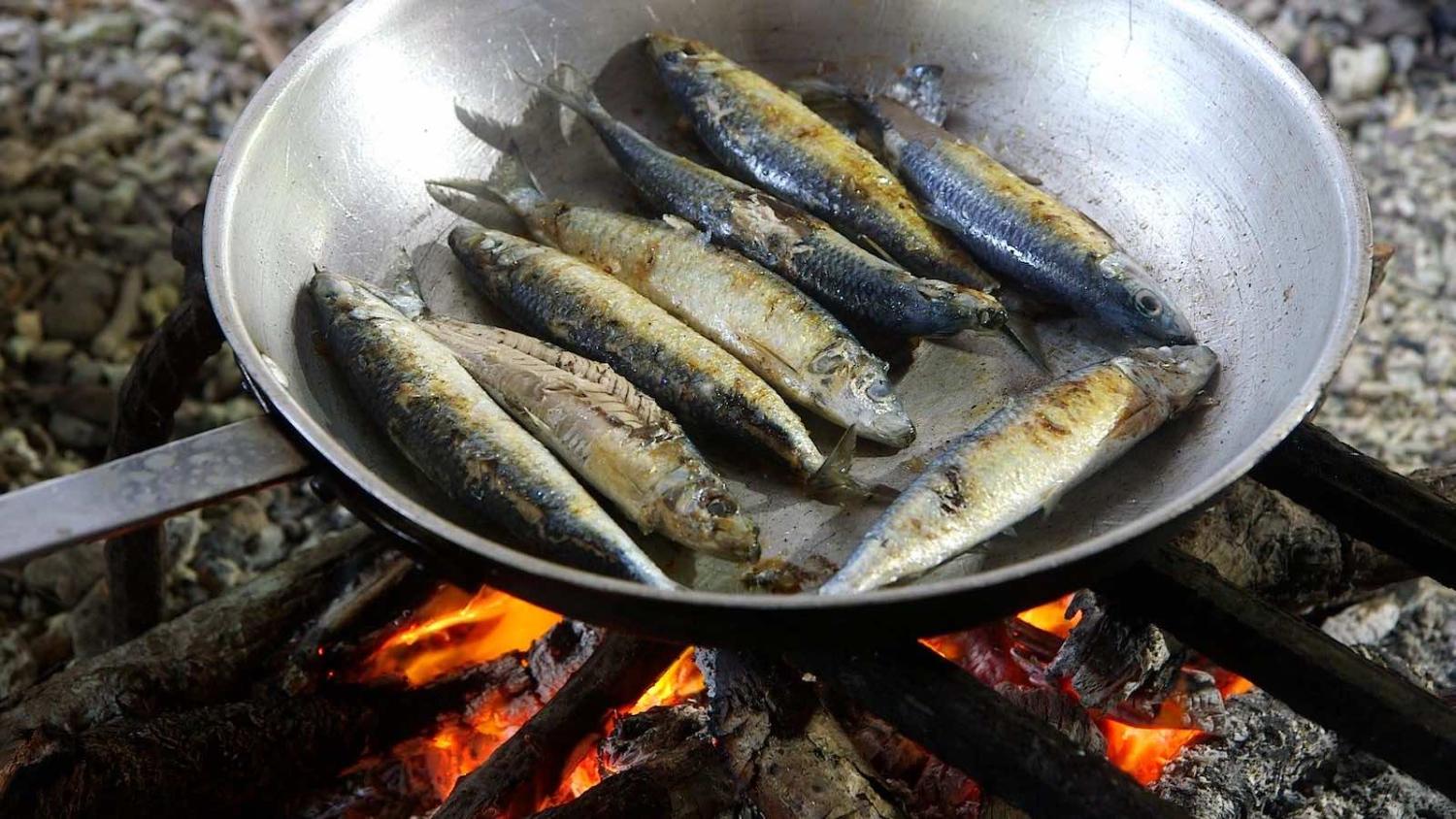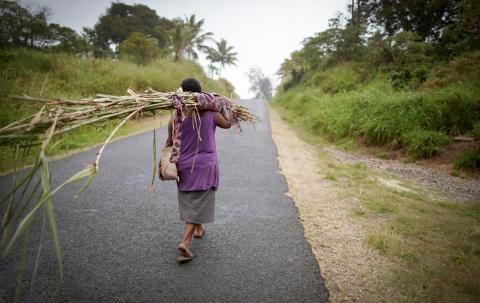Our end-of-year series as the Lowy Institute staff offer their favourite books, articles, films or TV programs for 2021. Watch for more recommendations and reflections in the days ahead. –Eds
Political change doesn’t have to involve parliaments. Pacific Island Food Revolution is a movement about empowering people to take control of their lives, changing behaviours that are linked to poor health outcomes and negative social impacts, and in the process elevating traditional Pacific cultural practices.
The centrepiece is a reality television cooking competition, featuring contestants from Tonga, Fiji, Samoa and Vanuatu, as they represent their countries and demonstrate local, sustainable ways to live, connecting with us and each other through innovative takes on national cuisines, showing us a more balanced way to live. The show is a competition, as participants vie for the title of food revolution champion. But there is no acrimony.
It is impossible not to be moved by Dr Jone Hawea, as he tells a story commonly observed in the Pacific of a small village community apologising for serving him freshly caught fish and homegrown vegetables, as opposed to processed foods, which are more expensive and therefore seen as more desirable. Hawea makes an emotional plea to the contestants to flip this dynamic, to correct the problematic cultural placement of Pacific food and restore pride across the region for traditional culture.
The hosts foster a supportive environment, and the show is filled with moments of kindness, Pacific heritage, and cheeky humour. Krystelle and Pio of “Team Havetocan” from Fiji combine delicious meat-smoking practices with fresh local ingredients to create recipes bursting with flavour. For them, food is a way of keeping their connections to heritage and family through the Pacific tradition of oral history. Tina and Amazing of “Team Samoa” are best friends who want to bring original Samoan food to the world.
The show casts the Pacific not as a regional strategic space to be contested, or a basket of development challenges to be overcome, but as a vibrant, diverse part of the world.
Anyone who’s watched Australia’s Masterchef knows that reality TV food shows are not just about food. They are stories about everyday people making the courageous decision to change their lives. The plates of food they lovingly prepare are not just delicious meals, but carry with them generations of culture, history, tradition, and the contestants’ own hopes and dreams. That is why the stories are so absorbing. The universal thread of someone’s desire to share of themselves with others, deriving meaning for their own lives by connecting with other people across cultures.
As the contestants carry their plates of food to the judges, contestants are really carrying with them their deepest most vulnerable aspirations. These are precious artefacts, and the judges in the show lend them the dignity they deserve – with typical Pacific warmth and light-heartedness – as they sample the dishes.
While international travel remains a difficult and even impossible prospect for many, the visual medium of television is a surrogate for our own desire to travel to new places and experience new things. Pacific Island Food Revolution is about connecting cultures. It casts the Pacific not as a regional strategic space to be contested, or a basket of development challenges to be overcome, but as a vibrant, diverse part of the world, rich with stories of humanity and joy – and amazing people cooking delicious food.
Main image via Flickr user WorldFish


